While the Xbox Series X leads the next-generation lineup, the newly-unveiled Xbox Series S offers a cheaper sister console.
Microsoft enters next-gen with a dual-pronged approach into the next Xbox consoles, with Xbox Series X, and the newly-announced Xbox Series S. The successor to Xbox One comes in two flavors, divided between the top-tier powerhouse, alongside an affordable alternative packing a slice of the same ambition.
The Xbox Series S reflects many of the signatures seen in Xbox Series X, including the combination of the latest AMD Zen 2 and Navi architectures, high-speed solid-state storage, and the same library of upcoming titles. But the console also distances itself from the flagship, targeting a more affordable price point, and scaling back performance.
Here's what you need to know about Xbox Series S, and how the specs and pricing stack up against the Xbox Series X, ahead of their November debut.
Xbox Series X, Xbox Series S release date
Microsoft has confirmed the Xbox Series X will launch during November 2020, with the Xbox Series S also expected to see a simultaneous release across most markets. We've since reported a November 10, 2020 release date for both Xbox Series X and Xbox Series S, with a formal announcement expected to drop over the days ahead.
That comes as the manufacturer wrangles the challenges of current world events, with impact on production lines, amid stay-at-home orders across the globe. However, the console still appears on track for this holiday, even if prior launch titles like Halo Infinite have been delayed in 2021.
Xbox Series X, Xbox Series S price: How much do they cost?
Microsoft remained silent on pricing when talking next generation, with the final Xbox Series X and PlayStation 5 price tag still unconfirmed as of September. With both firms keen to undercut their rivals when headed to the market, we've witnessed a long-running standoff throughout 2020.
Our sources suggest Xbox Series S will cost $299 at launch, with a $25 per month financing option, via the Xbox All Access program. The Xbox Series X will reportedly be priced at $499, also available through a $35 per month Xbox All Access financing option. Microsoft has since confirmed its $299 retail price for Xbox Series S, but with other next-generation price points still to be discussed.
The Xbox Series X and Xbox Series S are both expected to launch simultaneously across all existing Xbox markets, with respective pricing for each region.
Xbox Series X vs Xbox Series S: What you need to know
Microsoft enters the next generation with two consoles, the flagship Xbox Series X, and a more affordable sister console, Xbox Series S. The two devices include the latest hardware architectures from AMD, coupled with solid-state drive (SSD) storage and other advancements over the Xbox One family. And while each represents an entry point into Xbox's future, they sport separate gameplay targets, as reflected in their retail price points.
The Xbox Series X has seen nearly one year in the spotlight, boasting the full next-generation experience, powered by its frequently-touted 12 teraflops (TF) of graphical prowess. The console pushes 4K resolution and 60 frames-per-second (FPS) as standard, maxing out at 8K resolution and 120 FPS across its top-performing titles. Other fundamental performance gains come from its onboard NVMe SSD storage, eliminating a past bottleneck in loading times and performance.
The existence of the Xbox Series S has been rumored for some time now, shifting away from Microsoft's raw focus on power with Xbox Series X. The recent announcement now highlights a two-tiered approach into the next generation, not dissimilar from the Xbox One family, once divided by Xbox One X and Xbox One S. That provides the balance of an enthusiast device pushing the best, coupled with Xbox Series S — a more affordable variant featuring some next-gen features.
The Xbox Series S targets lower resolutions while retaining some of the next-generation features. It hits 1440p at 120 FPS, with hardware to support the full spectrum of future games, while phasing out Xbox One hardware.
Xbox Series S retains the same underlying identity of Xbox Series X, including an identical library of supported games and architecture under the hood. The main difference comes down to raw processing power, with the Xbox Series S GPU reported providing 4TF of floating-point performance, around a third of that boasted by Xbox Series X.
For reference, the existing Xbox One X shipped with a 6TF GPU, while the Xbox One S comes in at 1.4TF. However, that doesn't provide a direct comparison with the 4TF rumored for Xbox Series S. Teraflop count isn't everything and shouldn't be relied upon solely, with advancements from the new "RDNA" architecture providing improved per-teraflop returns over the "GCN" used by Xbox One. It means that Xbox Series S will be an upgrade over Xbox One X, even if not as large as a jump to Xbox Series X.
The Xbox Series S shares a lot with Xbox Series X, including the same latest generation hardware from AMD, resulting in a sizable performance leap. That includes a similar 7nm system on a chip (SoC) and reported eight CPU cores targeting around 3.8 GHz.
Microsoft's praised switch to SSD storage also supposedly translates to Xbox Series S, further increasing loading speeds over the spinning hard drives across the Xbox One family. Like Xbox Series X, its affordable sibling will leverage an NVMe SSD setup, although cut down to 512GB. RAM also sees a reduction from 16GB GDDR6 down to 10GB GDDR6 on Xbox Series S.
The final significant disparity comes with a missing disc drive, making Xbox Series S an entirely digital console. It follows Microsoft's first experiment with the Xbox One S All-Digital Edition back in 2019, pulling the 4K Blu-Ray drive at a $50 price cut. Its absence with Xbox Series S helps keep the price lower and physical footprint smaller, as the company further embraces digital licensing and subscriptions. That also means Xbox Series S will lose some aspects of backward compatibility related to physical media.
Xbox Series X vs Xbox Series S specs compared: What's the difference?
With Xbox Series X representing the higher end of the next generation, and Xbox Series S offering a more affordable entry point, the hardware under the hood also reflects those differences. Microsoft's cheaper console scales back performance to cut down costs, including a slower CPU and GPU combination, with one-third of the graphical performance, on paper.
The Xbox Series S' expected technical specifications follow below, alongside how they stack up against the alternative Xbox Series X.
| Category | Xbox Series X | Xbox Series S |
|---|---|---|
| Processor | 8x Cores @ 3.8 GHz (3.66 GHz w/ SMT) Custom Zen 2 CPU | 8x Cores @ 3.8 GHz (3.66 GHz w/ SMT) Custom Zen 2 CPU |
| Graphics | 12 TFLOPS, 52 CUs @ 1.825 GHz Custom RDNA 2 GPU | 4 TFLOPS, 20 CUs @ 1.55 GHz Custom RDNA 2 GPU |
| Memory | 16 GB GDDR6 w/ 320mb bus | 10 GB GDDR6 |
| Memory Bandwidth | 10 GB @ 560 GB/s, 6GB @ 336 GB/s | Unknown |
| Internal Storage | 1 TB Custom NVME SSD | 512 GB Custom NVME SSD |
| I/O Throughput | 2.4 GB/s (Raw), 4.8 GB/s (Compressed, with custom hardware decompression block) | Unknown |
| Expandable Storage | 1 TB Expansion Card (matches internal storage exactly) | 1 TB Expansion Card |
| External Storage | USB 3.2 External HDD Support | USB 3.2 External HDD Support |
| Optical Drive | 4K UHD Blu-Ray Drive | None |
| Performance Target | 4K @ 60 FPS, up to 120 FPS | 1440p @ 60 FPS, up to 120 FPS |
| Color | Matte Black | Matte White, Black |
| Size | 301mm x 151mm x 151mm | Unknown |
| Release date | November 10, 2020 | November 10, 2020 |
Expect more on Xbox Series S specifications shortly, as Microsoft further details the device.
Does Xbox Series S play Xbox Series X games?
The Xbox Series S features the same next-generation library as Xbox Series X. That includes guaranteed support for future Xbox titles for years to come, as well as backward compatibility with all Xbox One titles, and a handful of Xbox 360 and original Xbox games. While Microsoft plans to phase out the Xbox One eventually, Xbox Series S will cover your needs far beyond cross-generation experiences, like Halo Infinite.
Microsoft's formerly unveiled "Smart Delivery" also plays a crucial role, ensuring purchases translate up and down the Xbox family. That means supported Xbox One titles can bring free upgrades to next-gen, with enhancements scaled around the capabilities of the console. For example, when one title may upgrade to 4K at 120 FPS on Xbox Series X, the Xbox Series S may feature smaller upgrades to resolution or framerate.
We've already seen an extensive list of Xbox Series X Optimized games, also expected to extend to Xbox Series S. In-house Xbox Game Studios titles dominate the list, including Halo Infinite, Senua's Saga: Hellblade II, and Everwild, and Fable. Third-party publishers also pledge next-gen support, with Cyberpunk 2077, Assassin's Creed: Valhalla, and Call of Duty: Black Ops Cold War among launch highlights.
Xbox Series X, Xbox Series S preorders: Where can I buy it?
Microsoft is yet to offer up Xbox Series X and Xbox Series S preorders, ahead of the next-generation kick-off scheduled for November. While some retailers allow customers to register interest, formal preorders should arrive in the coming weeks.
While the timing remains a mystery, Microsoft has not avoided the topic entirely. Xbox partner director of program management, Jason Ronald, previously shared the current stance toward the practice, suggesting an opportunity once further details surface on the console.
"We think, in the end, what people want from us is ... to put a controller [in their] hand," Ronald told GameSpot. "People tell me, 'Hey, I want to pre-order right now,' and we definitely love that--like it's great to have those fans--but I also know that these investments aren't trivial for families. I want to be transparent about what our design goals are."
With the Xbox Series S now official, with pricing also imminent, preorders look to be the next step ahead of launch.
Which next-gen Xbox console do you plan to buy? Let us know in the comments section.

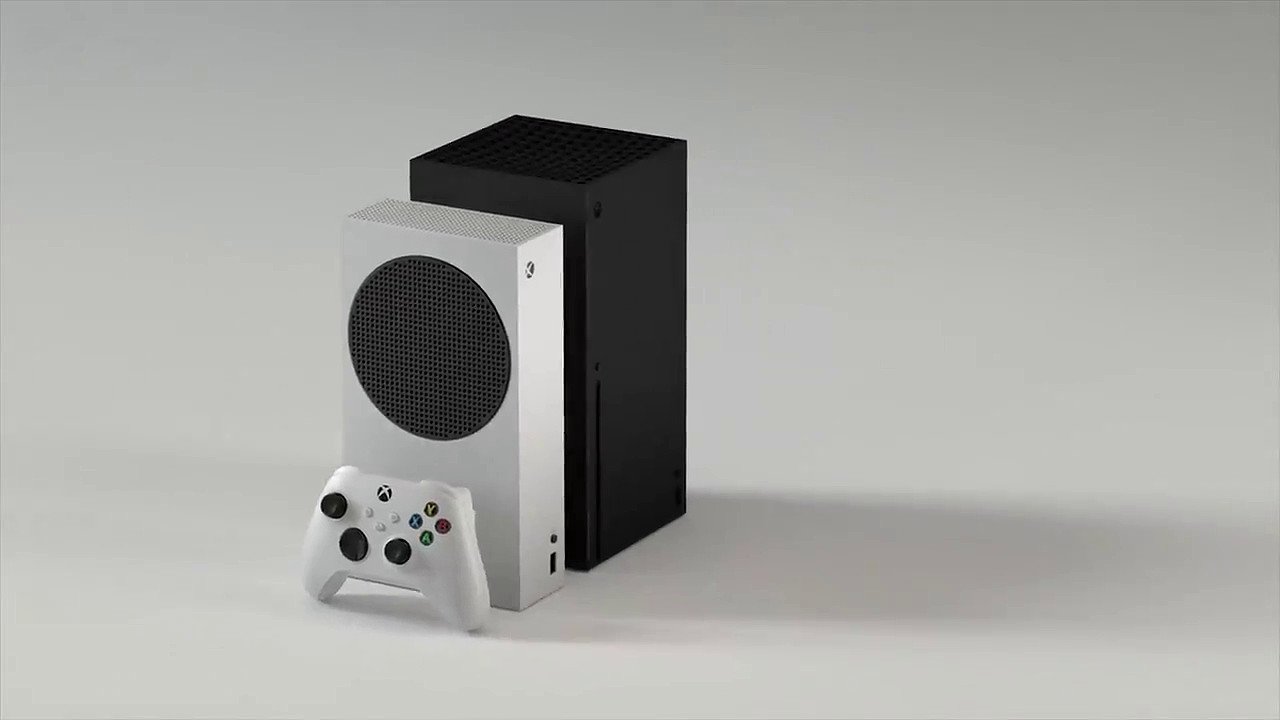

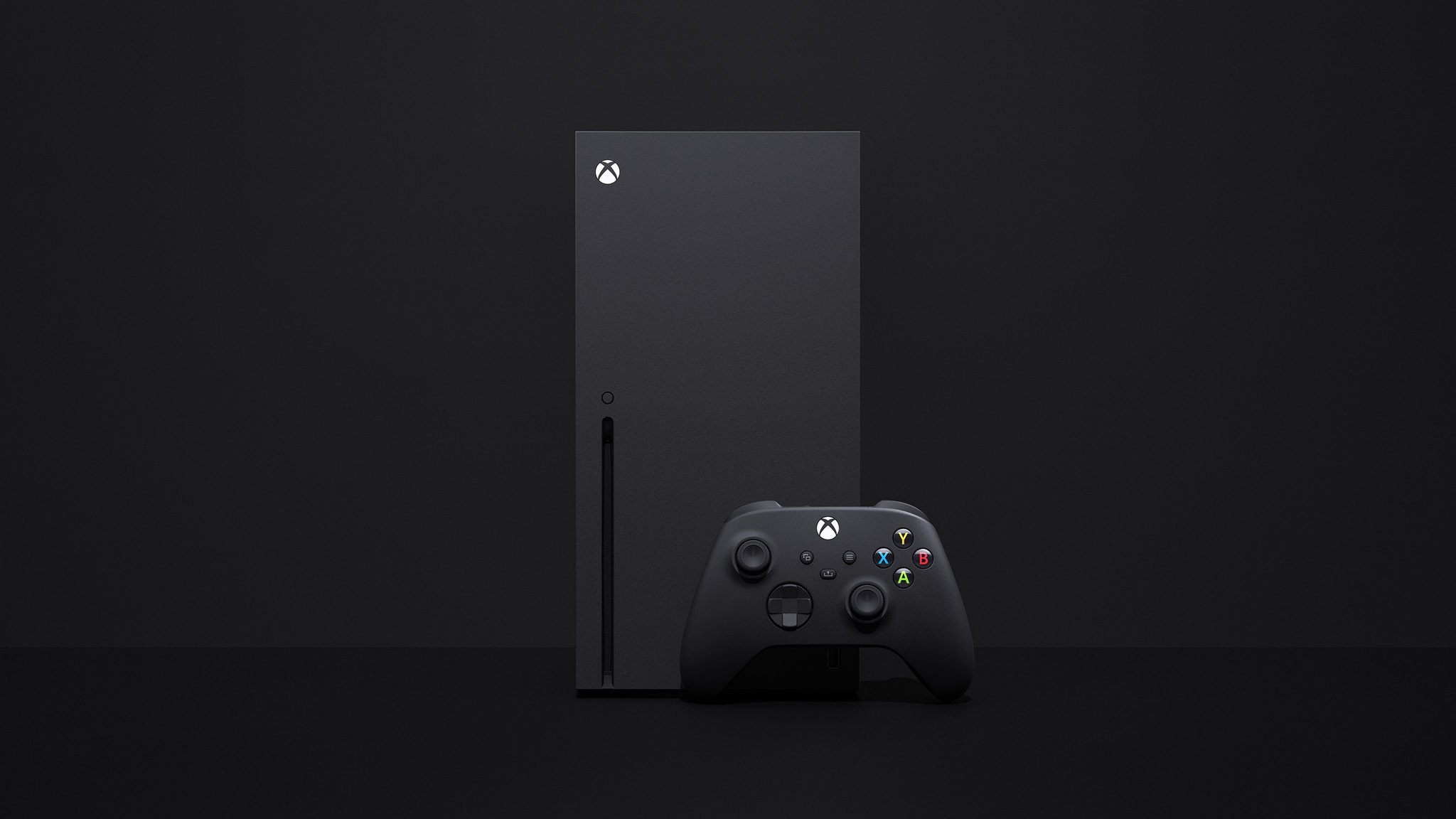
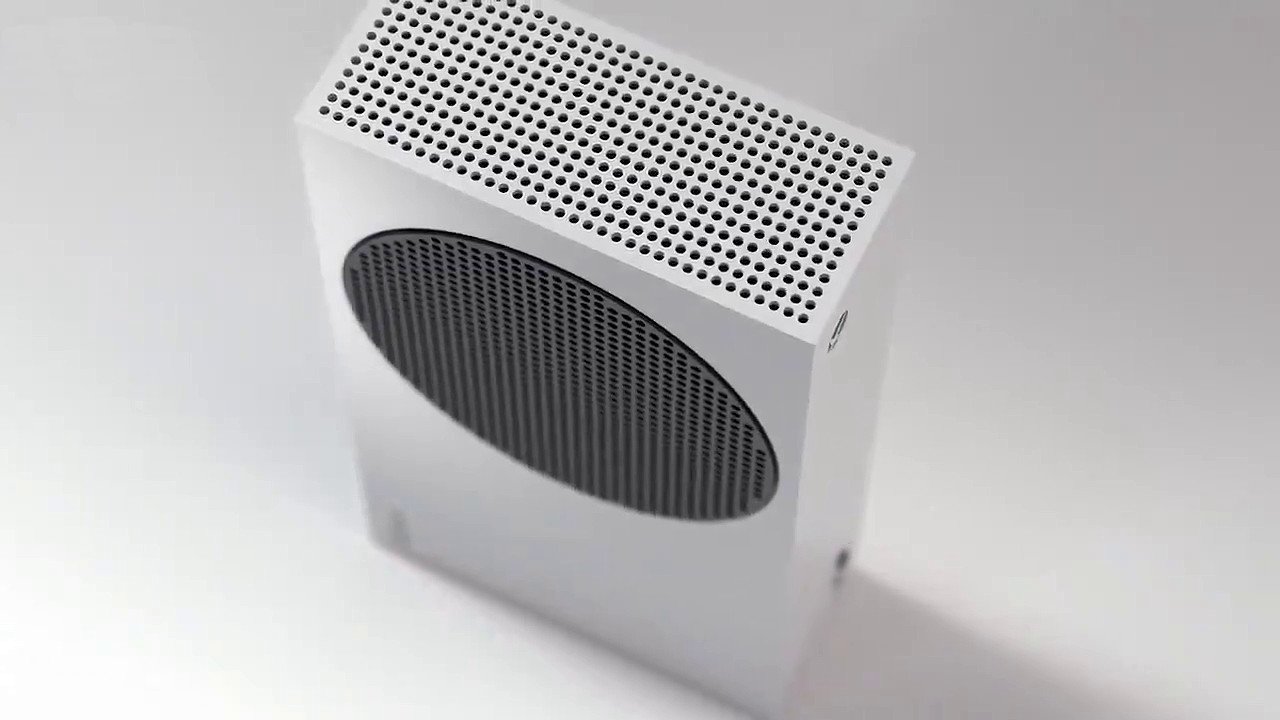
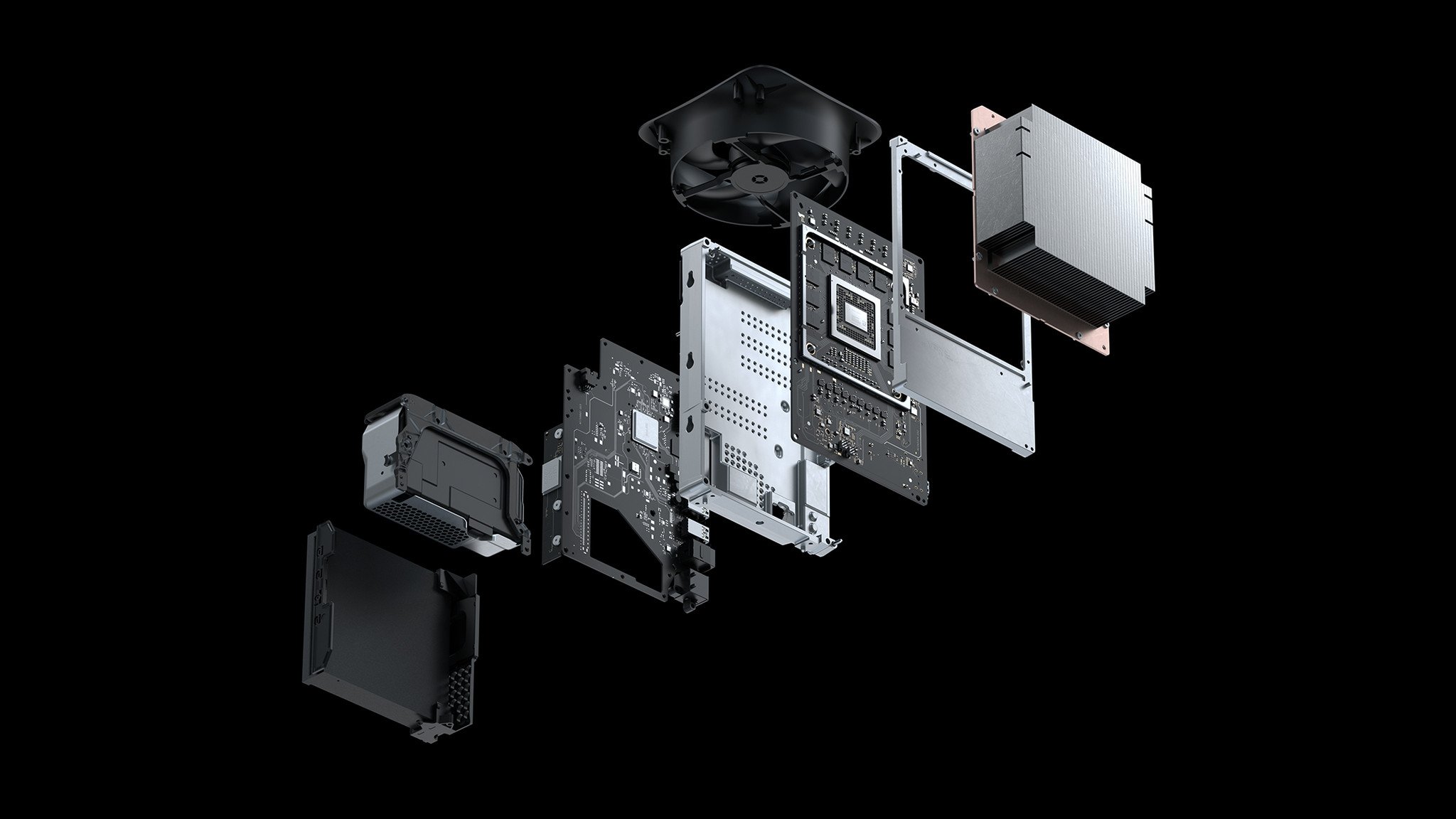
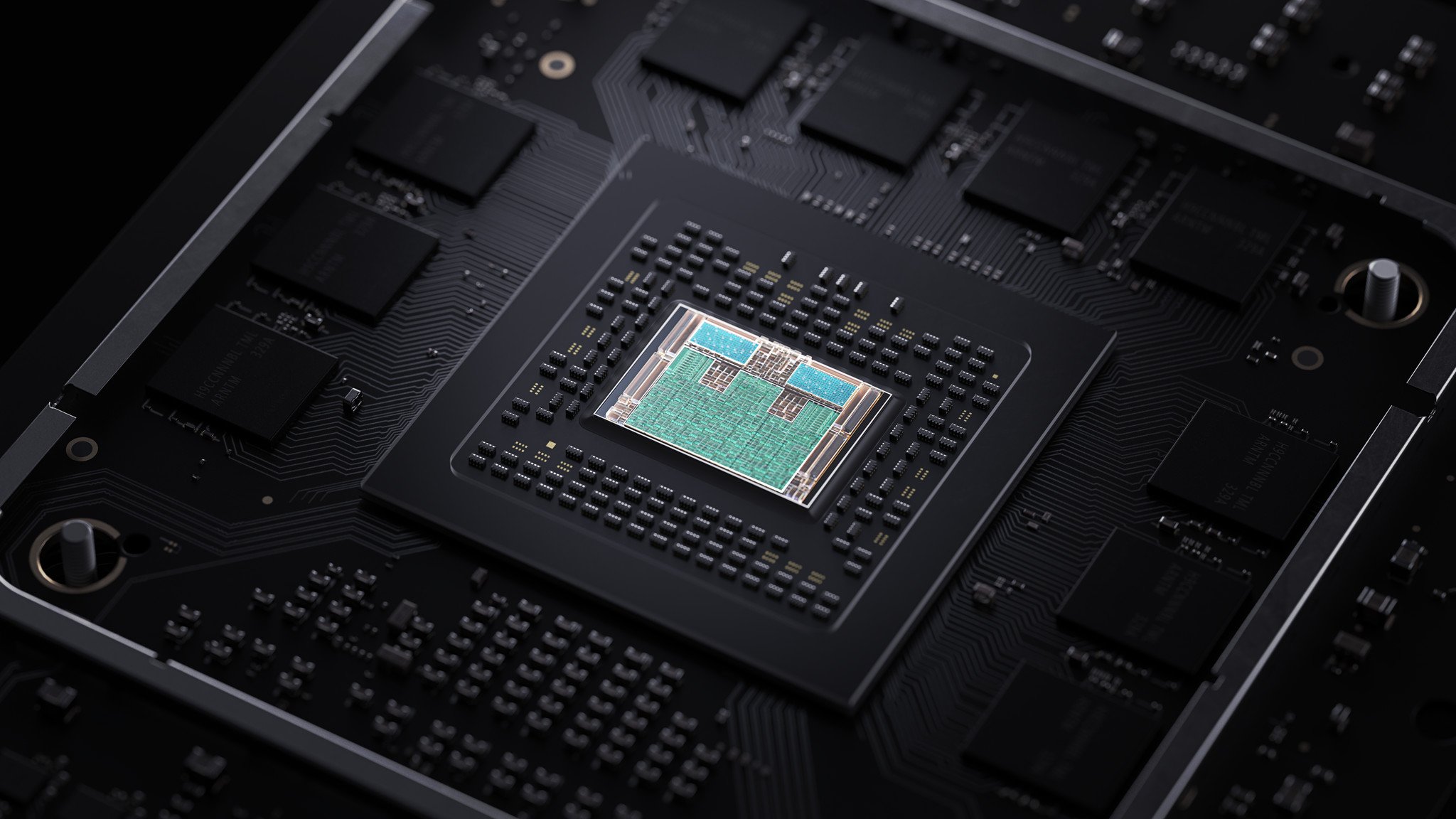





0 comments:
Post a Comment